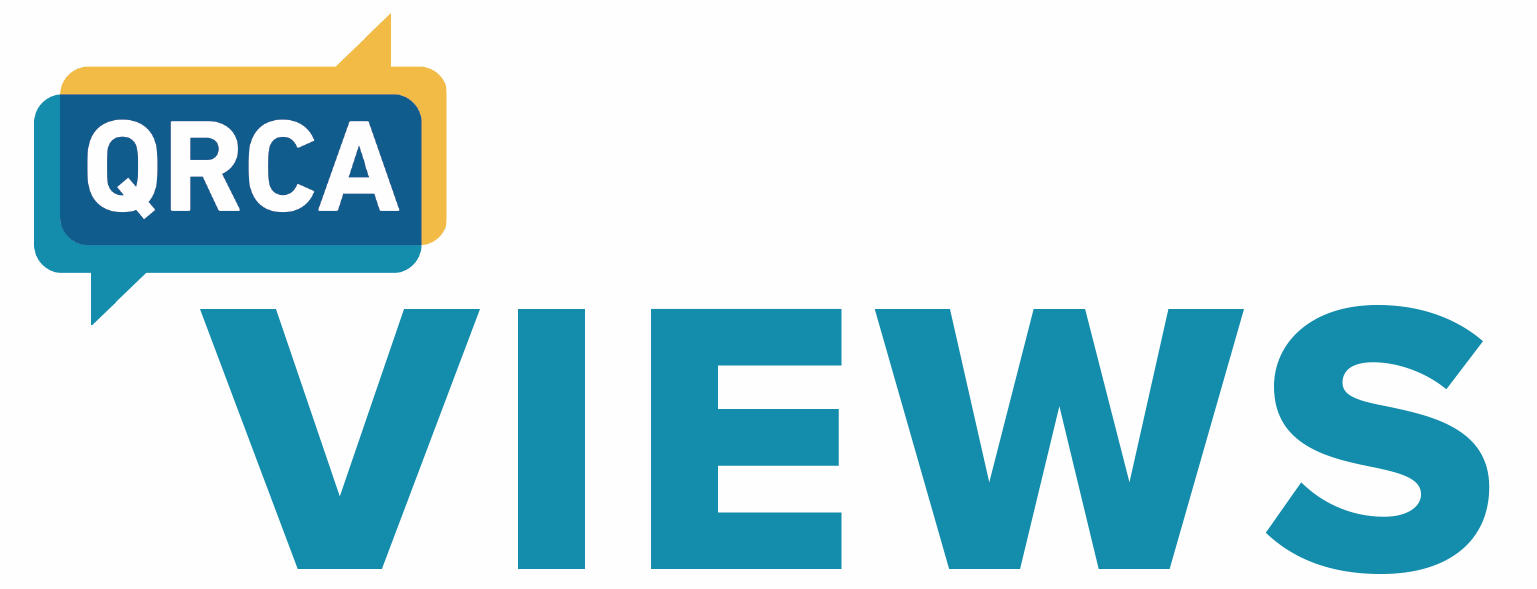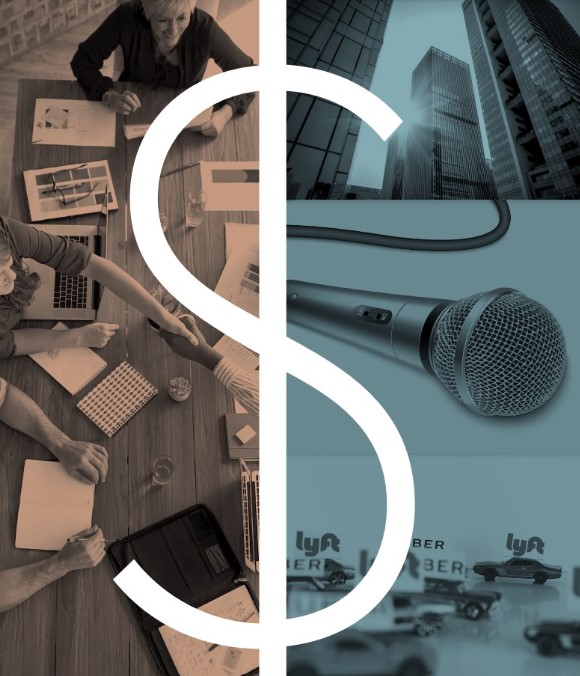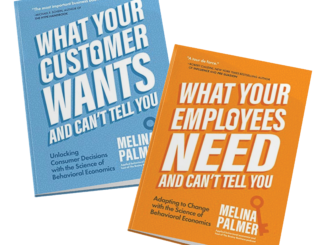
By Tom Rich
President
Thomas M. Rich & Associates
Mountainside, New Jersey
tomr@thomasmrich.com
News Flash: Qualitative research is a very enjoyable way to make a living; it can also be a difficult way to make a living. I’m not suggesting we all quit our research jobs today, but exploring side hustles can give us greater peace of mind.
There are a number of factors that make marketing research a challenging career choice, but one of the big ones is revenue unpredictability. This is a particularly acute problem if you are a solo practitioner. When it rains, it pours—I often find that I am either swamped with work or sitting around listening to the clock tick. I rarely find that Goldilocks state when I have just the right amount of business. What that means is that sometimes I have plenty of money coming in, and sometimes I have no cash coming in at all, maybe for months. It’s not like having a real job with a regular paycheck. Even if you are an employee of a research firm or end client company, there’s no such thing as true job or income security.
Before I became a full-time qualitative research practitioner, I worked in CPG brand management. I had three jobs in that field, and I didn’t leave a single one voluntarily. I lost all three of them due to layoffs, which had nothing to do with me or my job performance. At one point, my dad, who was also my accountant, commented on how precarious my professional life was. He pointed out I was never going to find any financial security doing corporate marketing jobs, and any security I ever would have, I would have to create myself. He recommended I invest in commercial real estate, which I did. It was one of the best decisions I’ve ever made.
Owning and managing commercial property is not the world’s most exciting business—I certainly don’t find it as interesting as qualitative research (but then, I just adore research). But it does not demand very much of my time; it generally provides a lot of flexibility for when I put in that time, and the revenue it produces is as constant as the tides. Those rent checks come in every month like clockwork. When I think about some of the particularly challenging periods I have faced as a qualitative researcher (including the recession of 2008–2009 and the COVID-19 pandemic), I’m quite sure that my real estate revenue was instrumental in keeping me afloat, both financially and emotionally.
So, here’s my recommendation to anybody riding a cash flow roller coaster: find a secondary source of revenue. Preferably, one that is largely or completely unrelated to your primary source of revenue. In the process of researching this article, I spoke with numerous fellow qualitative researchers who have taken this approach. They described all sorts of interesting side hustles, including:
- Producing a podcast
- Working as a mental health professional
- Becoming a realtor
- Becoming a financial advisor
- Starting an AI business
- Starting a marketing and promotion firm
- Driving for Uber
- Creating a tool for improving mental health
- Developing a coaching business
CONSIDERATIONS FOR SIDE HUSTLES
These were wonderful conversations that led me to a number of interesting bits of wisdom regarding side hustles. Here are some of the biggies:
Think about your passions. What are the things you really love? Is qualitative research one of them? If not, then this side hustle might offer an opportunity to pursue a passion. But if qualitative really is one of the things that (like me) you love, it might be fine for your side business to be something that you’re just doing for the money.
How much time and effort do you want to put into this?
If you have a busy practice and don’t want to back off on that, you’ll probably need to seek something that doesn’t require too much of a time investment. Generally, there are two things that you can invest in a business: time and money. If you are reluctant to invest too much time, a business that is more capital-intensive might be the right one for you. Conversely, if your qualitative practice isn’t super busy and all-consuming, or you don’t have too much cash to invest, that might create an opportunity to devote significant time to your side business.How much flexibility do you need? My experience is that qualitative research demands quite a bit of time flexibility. I frequently need to bend over backward to accommodate my clients’ timing needs. If that has been your experience as well, you may need to be sure that any side pursuit will be more flexible with respect to when things need to be done.
What might you want to do after qualitative research?
Many do not stay in this line of work forever. What is a secondary business that could turn into your primary business down the road? It could also serve as a nice source of income in retirement.UNEXPECTED CHANGES WITH SIDE HUSTLES
I also learned that a second business can lead to unexpected changes in your professional and personal lives. Here are some of the changes I heard about:
You’re going to learn new skills. If this alternative revenue source differs significantly from your qualitative research business, you’re almost certainly going to have to develop new skills to manage the business. These abilities might include customer service skills, client management skills, cash management skills, and/or technical skills specific to the business.
Your priorities are likely to change. When you have another responsibility that requires your attention and energy, you are going to need to make space for it, both in your personal and professional lives. When I was working in brand management and started managing my commercial real estate, I realized that I needed to stop watching football on Sunday afternoons.
You may gain an increased sense of sovereignty. Diversifying your income should (hopefully) tangibly increase your financial security. This should give you a greater sense of control—less like your business is running you and more like you are running it.
You may grow as a researcher. All of my experiences outside of qualitative research have influenced me as a researcher: marriage, parenthood, having a child with disabilities, teaching martial arts, you name it. Running my real estate empire has taught me a lot about such things as dealing with particularly difficult people, dealing with people who aren’t completely honest, contingency planning, and handling emergencies. All of these experiences have helped determine how I approach marketing research.
So, think about your own professional and financial situation. Do you feel like you’re in a precarious position financially? Are you feeling unfulfilled professionally? Are you not sure you want to do qualitative research forever? If the answer to any of these questions is “yes,” it might be time to start thinking about a side hustle.




